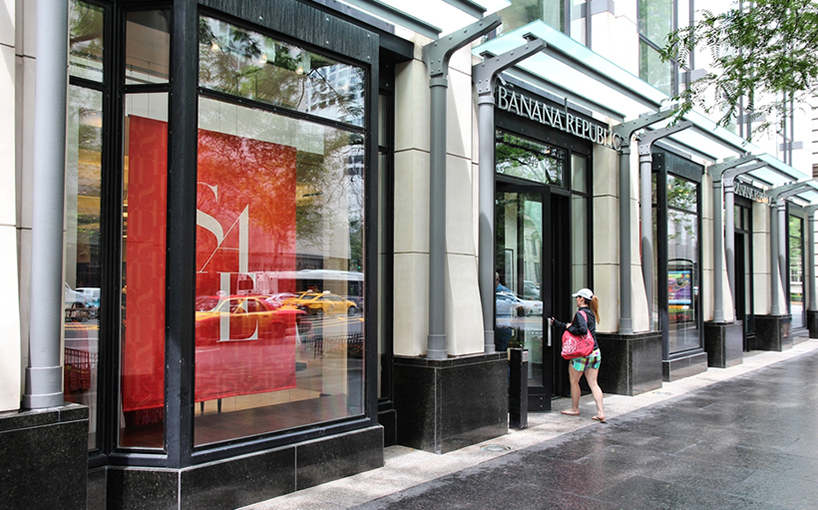Urban retail was once considered a dying industry, but recent data shows that it is making a comeback. JLL’s City Retail 2024 report reveals that urban retail has been revitalized by an increase in consumer spending and tourism. Foot traffic has also returned to pre-pandemic levels in many prime corridors.
Prime urban corridors are nationally recognized shopping districts with a mix of high-street, national, and international tenants. Unlike malls or outdoor shopping centers, these areas are organic and typically named after well-known streets within the corridor.
JLL researchers analyzed various North American prime urban corridors for their report and found that office populations have surpassed 50% across all major metros while hotel occupancy is back to pre-pandemic levels. Additionally:
– Apparel retailers have seen an uptick in leasing as consumers return to the action following the pandemic.
– Luxury retailers have also benefited from increased tourism and hybrid office workers.
– Jewelry stores, food users, and restaurants have experienced growth as consumers desire occasion dressing beyond just apparel.
– Food sales at these locations saw an 8% year-over-year increase due to consumer eagerness to dine out again.
Overall, it’s clear that urban retail is back on track thanks to economic recovery post-lockdowns. With strong foot traffic numbers returning along with increased leasing activity from various industries such as apparel leaders dominating or luxury brands holding their own – this sector looks set for continued success moving forward!


